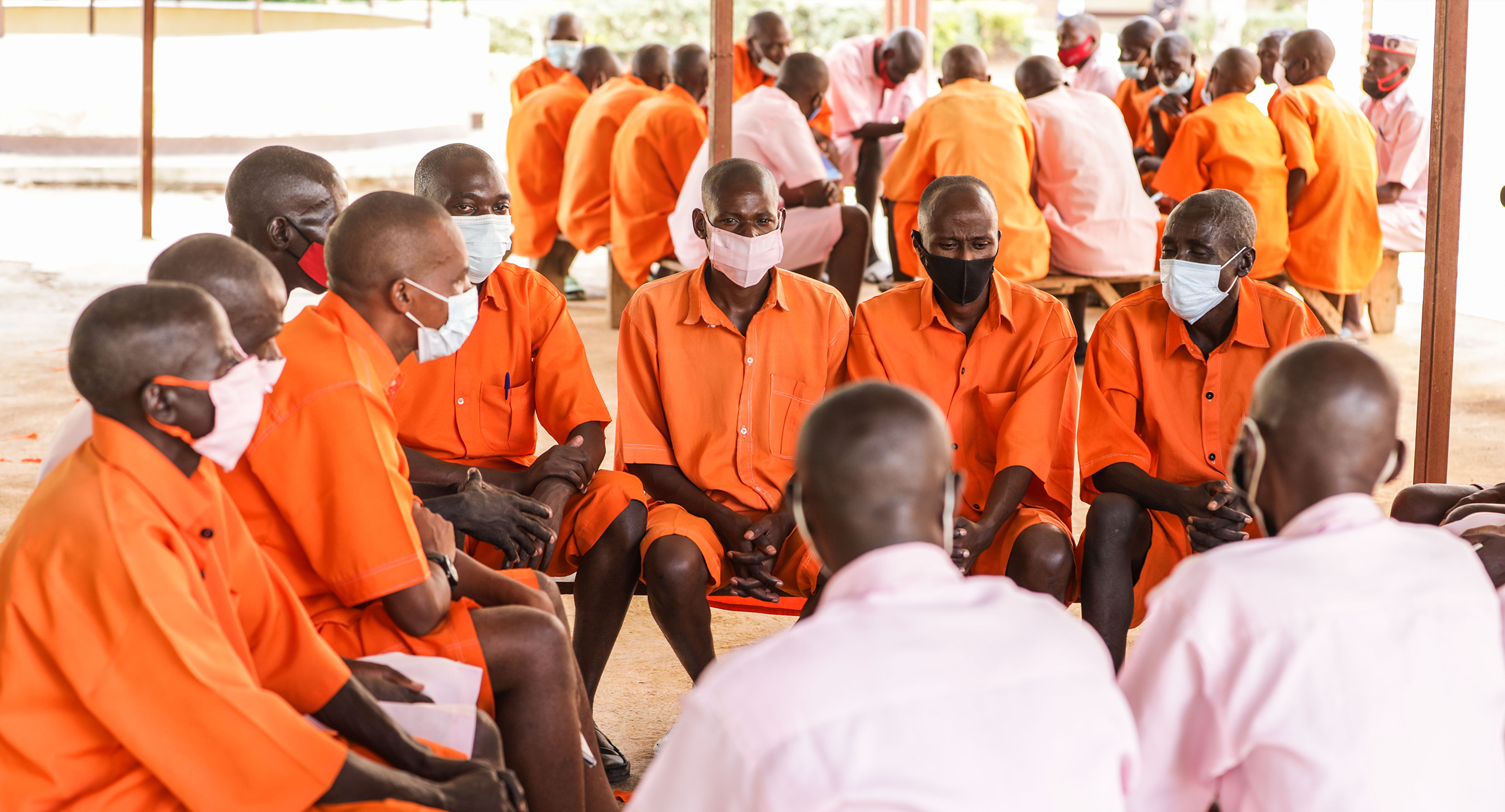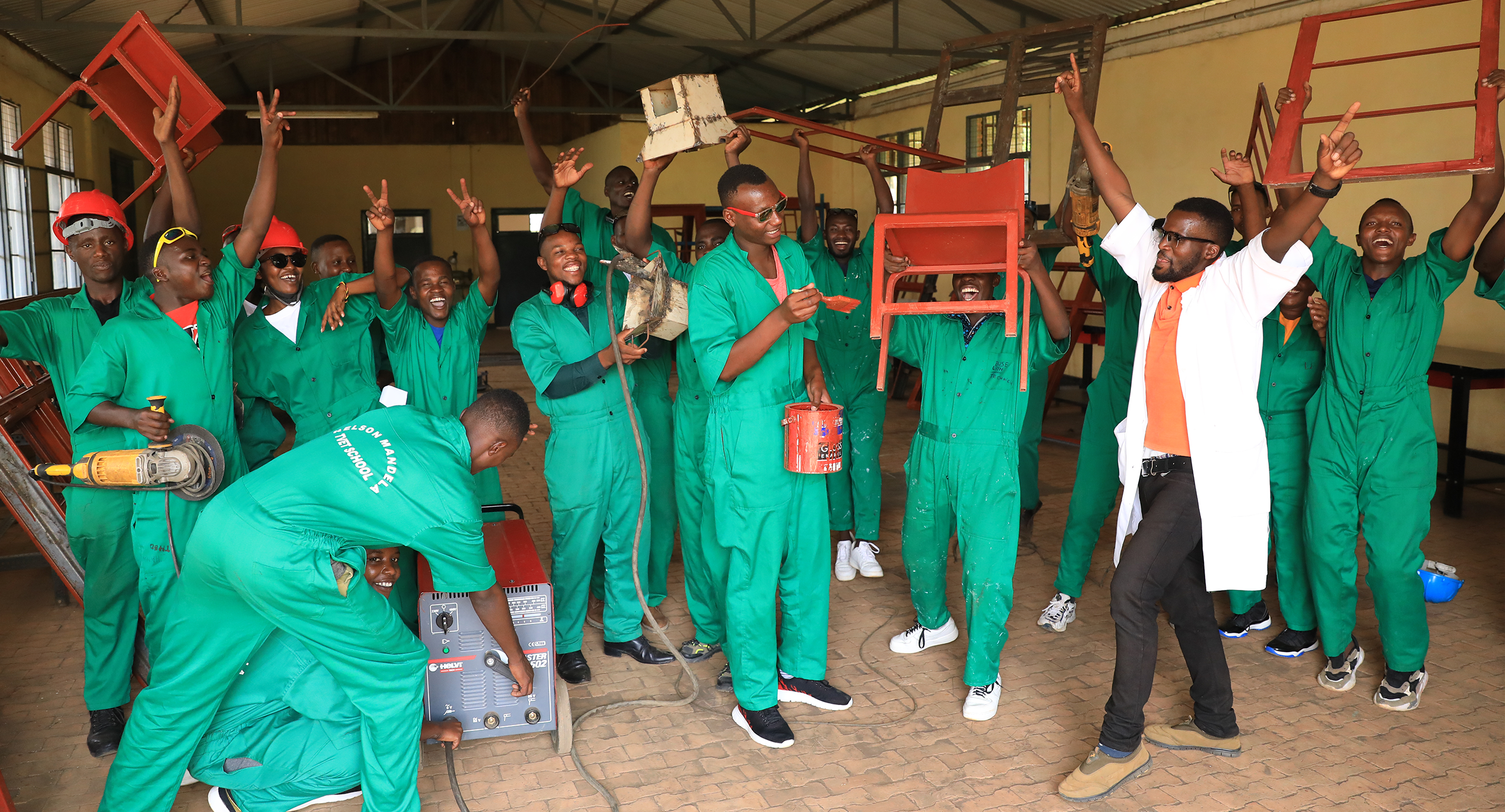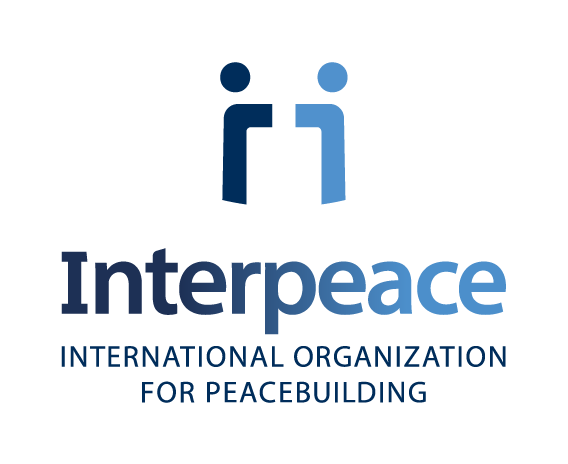Rehabilitation and reintegration
of prisoners in Rwanda as part of trauma healing

“I was very depressed after being imprisoned, and this was worsened by the fact that my wife got married to another man and sold the small piece of land we had. Thinking about my life after release was another nightmare. I always thought that when I am released from prison I will go to another District and stay there rather than go back to my family. However, after joining sociotherapy, I learnt how to solve my problems and realised that all the problems my wife faced were because I was imprisoned.
I no longer feel any grudges against her that I used to feel before attending the healing space, and I decided to forgive her, and I am ready to go back to my community, and try to resettle using the skills I have acquired.” (Gashumba Louis, Genocide prisoner, Bugesera Prison.)
Giving prisoners hands-on skills for rehabilitation and social reintegration



















Rehabilitating and reintegrating prisoners remains a challenge in Rwanda. In recent years, many Rwandan prisoners, especially those convicted of crimes related to the 1994 Genocide against the Tutsi, have finished their terms and returned to their communities. Most individuals convicted of Genocide-related crimes and sentenced to between 20 and 30 years in jail are expected to be released within the next four to five years. According to Rwanda Correctional Service (RCS) statistics, more than 20,000 people still need to be reintegrated in society.
RCS has made remarkable efforts in recent decades to improve the well-being of convicts, and has introduced numerous rehabilitation and reintegration programmes. However, serious issues persist. For instance, no national curriculum addressed the psychosocial preparation of soon-to-be-released inmates.
Accordingly, Interpeace and its local partners implemented a programme titled ‘Reinforcing community capacity for social cohesion and reconciliation through societal trauma healing’. Implemented in Bugesera District, Eastern Province, from 2020 to 2022, this two-year programme supported development of a comprehensive ‘prisoner psychosocial rehabilitation and reintegration curriculum’ for Rwanda Correctional Services, established and facilitated sociotherapy groups in Bugesera prison, and improved prisoners’ life and vocational skills by helping to construct a vocational skills training facility and providing learning materials for it.
“I killed people during the 1994 Genocide against the Tutsi. This deeply affected my family. After being imprisoned, I developed high blood pressure because of the constant feeling of guilt and shame at what I did. Before I attended the healing space, I experienced dramatic scenes in my head but as I continued attending the healing space I gained hope, inner peace, security. My blood pressure normalised and those nightmarish scenes in my head reduced significantly.” (Boniface, Genocide prisoner, Bugesera Prison)
Rehabilitation and reintegration
of prisoners in Rwanda as part of trauma healing
Without an appropriate psychosocial rehabilitation and reintegration programme, released convicts are likely to continue to experience feelings of humiliation, worthlessness, guilt, and sadness, and to have a skewed self-image. In addition, numerous ex-prisoners face rejection by their family, and many communities are not ready to receive them due to their crimes. Guilt and rejection drive some ex-prisoners to relocate to places where they are not known; but this too can exacerbate social tensions by triggering fear and anxiety, particularly among Genocide survivors.
In 2022, RCS and Interpeace launched a comprehensive curriculum for a six-month certificated course that covers: interpersonal skills and conflict management; physical and mental wellness; career development and entrepreneurship; drug and substance abuse; human rights and legal awareness; family dynamics; civic education and Genocide ideology; and safe return and reconnection with family and society. Implemented in all of Rwanda’s 13 prisons by RCS staff members in collaboration with RCS partners and consultants, the curriculum enables correctional officers and partners to prepare inmates for their release and reintegration in their families and communities.
The new curriculum considered the psychological dimension of prisoner rehabilitation, which other programmes lacked. As a result, it enhances the socio-emotional skills of inmates, including their ability to manage their emotions and deal with trauma stemming from a long life in prison. It also develops vocational and livelihood skills, so that former prisoners can provide for themselves and their families after release.

“I was very depressed after being imprisoned, and this was worsened by the fact that my wife got married to another man and sold the small piece of land we had. Thinking about my life after release was another nightmare. I always thought that when I am released from prison I will go to another District and stay there rather than go back to my family. However, after joining sociotherapy, I learnt how to solve my problems and realised that all the problems my wife faced were because I was imprisoned. I no longer feel any grudges against her that I used to feel before attending the healing space, and I decided to forgive her, and I am ready to go back to my community, and try to resettle using the skills I have acquired.”
(Gashumba Louis, Genocide prisoner, Bugesera Prison.)

Giving prisoners hands-on skills for rehabilitation and social reintegration
In 2022, Interpeace handed over to the Rwanda Correctional Service an equipped technical and vocational education and training (TVET) facility, constructed in Bugesera Prison. It will enable prisoners to learn technical and practical skills, such as welding and tailoring, which will help them earn a living after their release and support them when they rejoin their families and communities.
The training facility will follow the Rwanda TVET Board curriculum taught in all TVET schools across the country. Prisoners who complete the curriculum will obtain an official certificate issued by the Ministry of Education through the Rwanda TVET Board, which will help them in the job market after release.

A prisoner who belonged to the first cohort of 60 students said that the training programme boosted his self-confidence and his belief that he could rejoin society successfully. “I was worried about how I was going to catch up with all the changes that have occurred during my ten years in prison, and how I was going to get back into the job market and provide for myself and my family. The TVET facility arrived just in time to ease my worries.”


















